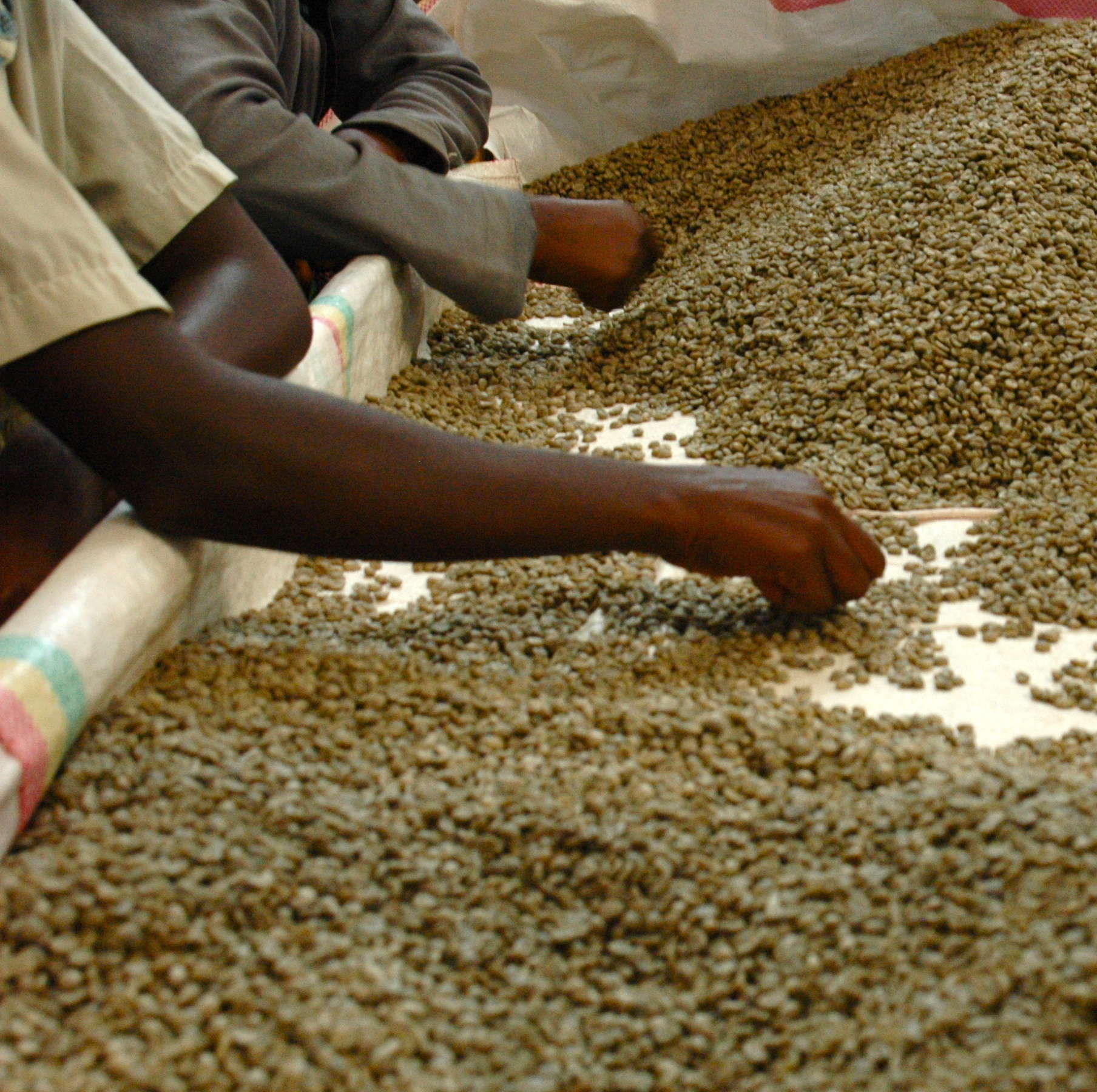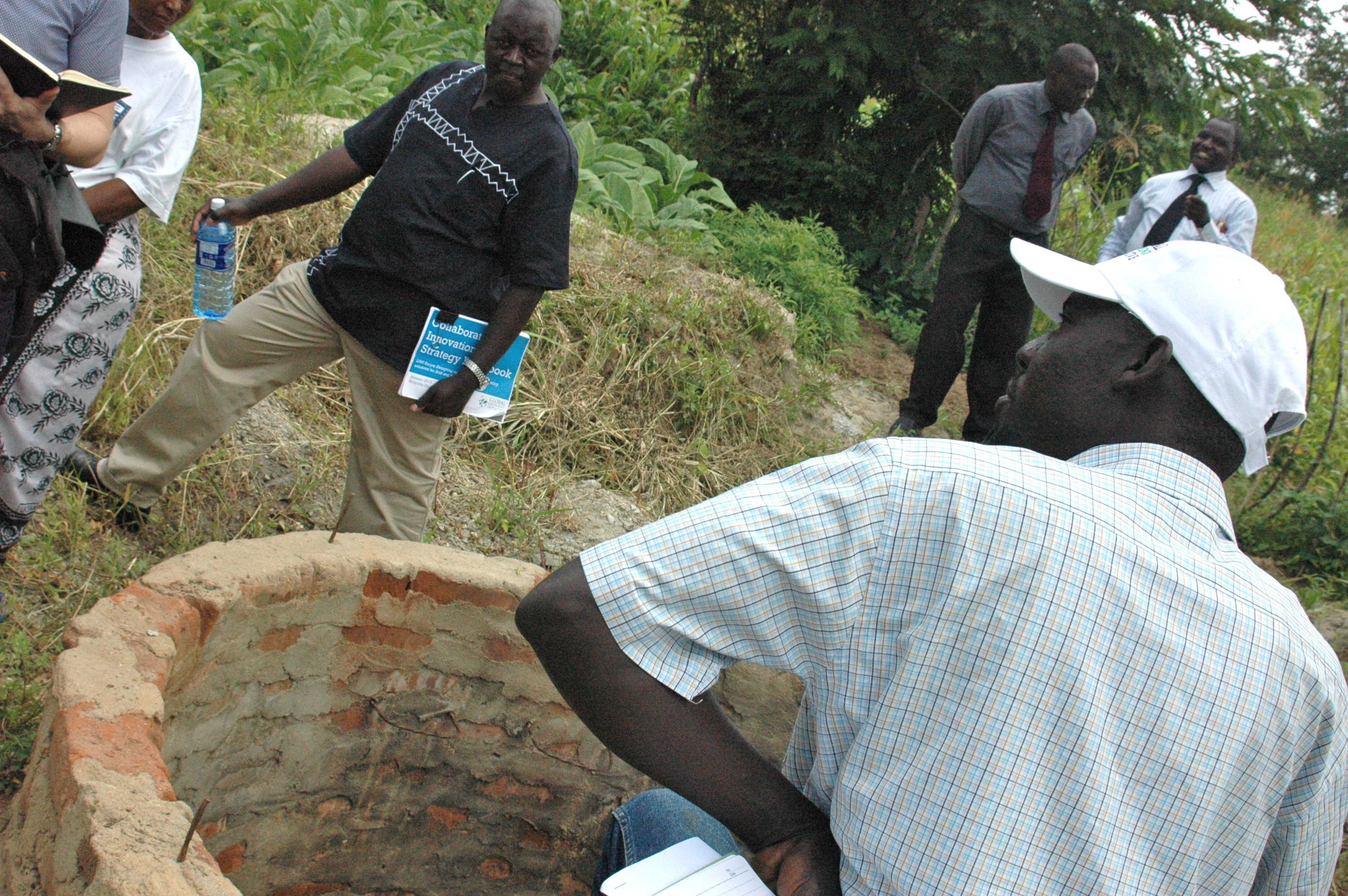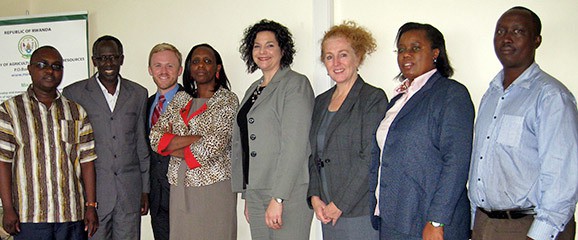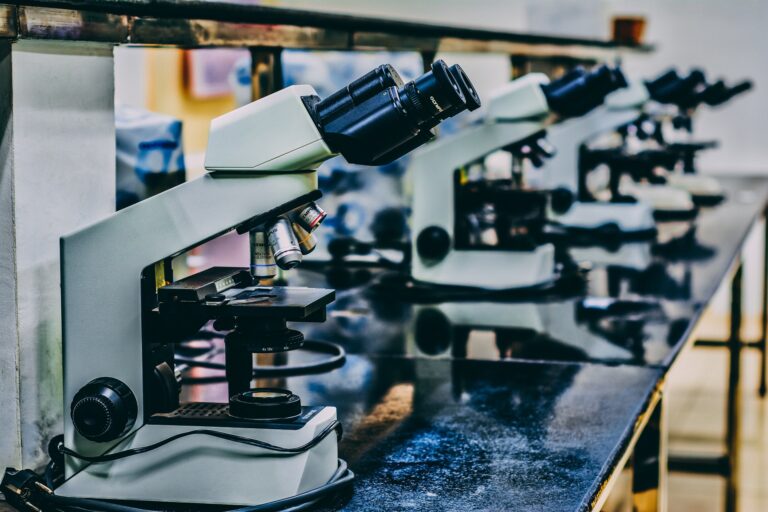Announcing LINK Round IV: Solving Challenges in Africa Through Collaboration

The Global Knowledge Initiative is proud to announce the commencement of a fourth round of our flagship partnership-forging, LINK (Learning and Innovation Network for Knowledge and Solutions) program. GKI designed LINK to harness the power of international collaboration to solve development challenges. Specifically, LINK seeks to solve challenges that beckon for scientific and technical research, scientific and technical education, innovation, and entrepreneurship. The LINK process involves four core functions: activating communities of practice, locating resources, enabling sustainable partnerships by learning shared tools and processes for collaborative innovation, and connecting people and resources together into durable purpose-driven networks to solve challenges.
The fourth round of LINK targets researchers from East and Southern Africa working on challenges in the fields of agriculture, food security, water and land management, and/or climate change. Applicants must submit their completed Request for Engagement by January 17, 2013. GKI will announce the winning proposal in Spring 2014, after which the LINK network-formation process will begin.
Distinct from typical research grant programs, LINK eschews traditional methods of delivering development assistance in favor of fostering collaborative networks of stakeholders in the academic, public, and private sectors. The program is not a direct funding mechanism. Rather, LINK provides participants with the tools to solve their challenges: practical trainings in collaboration, communication, and networking; an in-depth analysis of the participant’s challenge context; a small amount of seed funding to initiate partnership formation; assistance in developing a working network; and a design process that helps define specific challenges and determine the best ways to tackle them.
One example of the success possible through LINK comes from GKI’s partnership with Dr. Daniel Rukazambuga of the National University of Rwanda. Daniel became concerned about a harmful “potato taste” defect found in Rwandan specialty coffee that threatened to drive away international buyers. Although coffee is vital to Rwanda’s economy, the defect is only found in a small area of Africa, so little research had taken place, with few resources available locally to identify its causes, much less a solution. Daniel applied for and won LINK in early 2011, when GKI’s international technical committee picked his application through an international peer reviewed selection process. His team has since made great progress in their mission to eliminate the taste defect. He now works closely with scientists in universities across North America, Africa, and Europe, and collaborates with US importers of Rwandan coffee, such as Rogers Family Company and Starbucks. These linkages were forged by GKI in an effort to build Daniel the network he needs.

Based on recent breakthroughs, his team hopes to solve this decades-long mystery, conclusively identify the cause of the
defect, and develop control methods soon. GKI’s two other previous rounds of LINK have been won by researchers in Afghanistan/Pakistan and Kenya, respectively. LINK Afghanistan/Pakistan has focused on harnessing modern seed technology and storage techniques, while LINK Kenya seeks to promote rural livelihoods through innovative rainwater harvesting interventions.
For more information on this round of LINK, see the Request for Engagement form, downloadable here.







